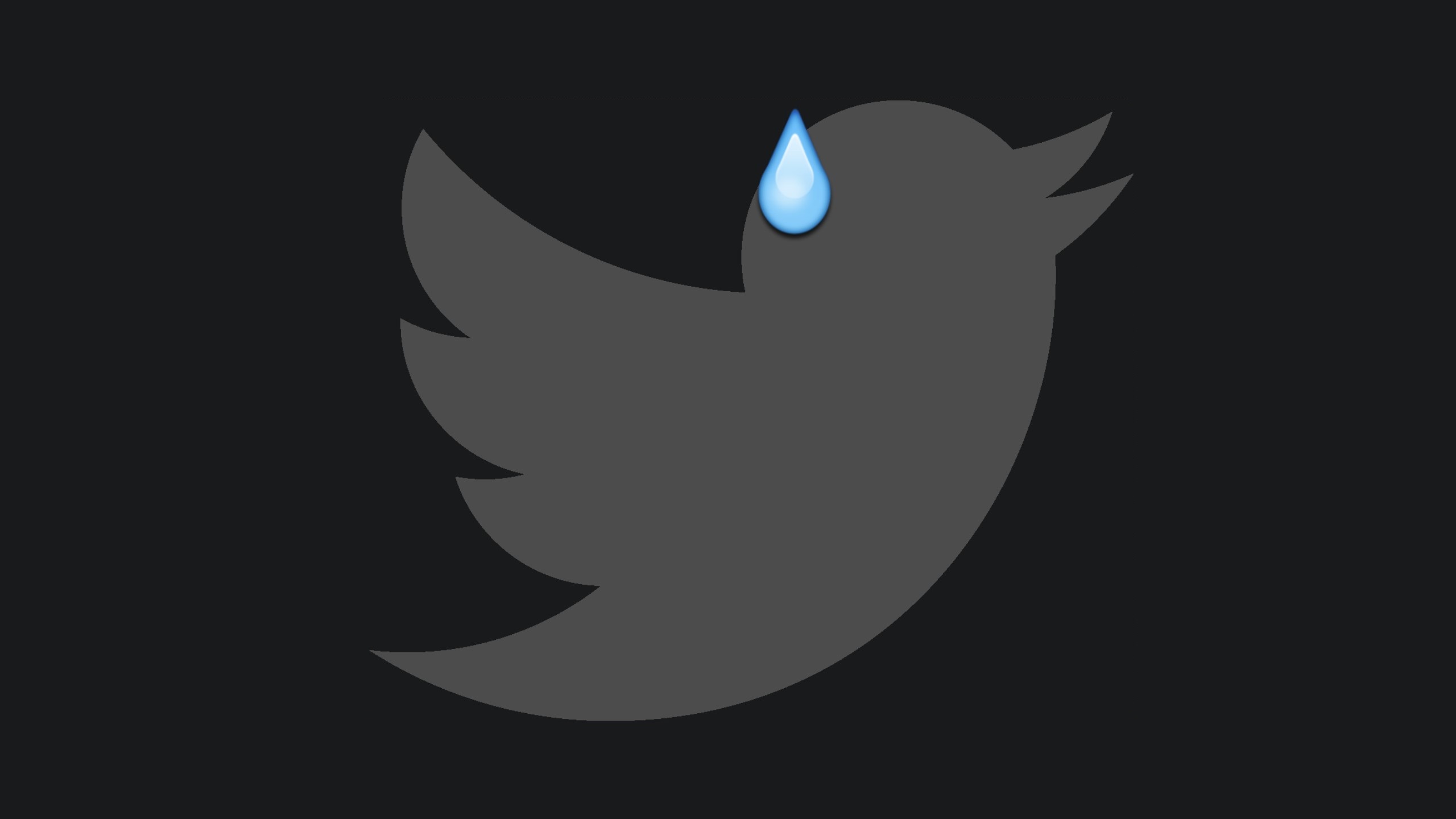Twitter's no longer enforcing its own COVID-19 misinformation policy
That seems like a bad idea.

iMore offers spot-on advice and guidance from our team of experts, with decades of Apple device experience to lean on. Learn more with iMore!
You are now subscribed
Your newsletter sign-up was successful
Twitter is no longer following its own COVID-19 misinformation policy. The policy was brought into effect to limit the spread of misinformation at the height of the pandemic, but the company has quietly decided that it is no longer going to enforce it.
The move hasn't been officially announced by Twitter, but a change on the company's website outlining the policy confirms that it came into force on November 23, 2022.
Misinformation problem
Twitter, like other social networks, was at the epicenter of the misinformation game when COVID-19 was first taking a hold of the planet. That problem continued throughout the pandemic, but Twitter's misinformation policy at least gave it the tools needed to try and prevent it from spreading. However, Sky News notes that the policy has not been used for a week already.
Twitter didn't announce that it was dropping the policy, but a cached version of its website notes that "effective November 23, 2022, Twitter is no longer enforcing the COVID-19 misleading information policy."
With the policy in place, tweets that were deemed to be spreading misinformation were labeled as such — with more information about the claim also made available. If people kept posting misinformation they would see their accounts locked for 12 hours. Keep doing it and that would be extended to a week. Permanent bans were the last resort.
Twitter reportedly suspended more than 11,000 accounts and removed almost 98,000 pieces of misinformation between January 2022 and September 2022 under the misinformation policy. Those tweets can now be posted without any negative consequences for the person sharing the misinformation.
This all comes as CEO and owner Elon Musk begins allowing previously banned accounts back onto Twitter while also suggesting that lifetime bans would not be used as a deterrent. Further, Musk continues to say that he wants "free speech" for Twitter users, something that has already seen various companies remove their ads from the platform. They're concerned about the types of content that their ads could be displayed alongside, with Apple being one high-profile company to step back from Twitter.
iMore offers spot-on advice and guidance from our team of experts, with decades of Apple device experience to lean on. Learn more with iMore!

Oliver Haslam has written about Apple and the wider technology business for more than a decade with bylines on How-To Geek, PC Mag, iDownloadBlog, and many more. He has also been published in print for Macworld, including cover stories. At iMore, Oliver is involved in daily news coverage and, not being short of opinions, has been known to 'explain' those thoughts in more detail, too.
Having grown up using PCs and spending far too much money on graphics card and flashy RAM, Oliver switched to the Mac with a G5 iMac and hasn't looked back. Since then he's seen the growth of the smartphone world, backed by iPhone, and new product categories come and go. Current expertise includes iOS, macOS, streaming services, and pretty much anything that has a battery or plugs into a wall. Oliver also covers mobile gaming for iMore, with Apple Arcade a particular focus. He's been gaming since the Atari 2600 days and still struggles to comprehend the fact he can play console quality titles on his pocket computer.
